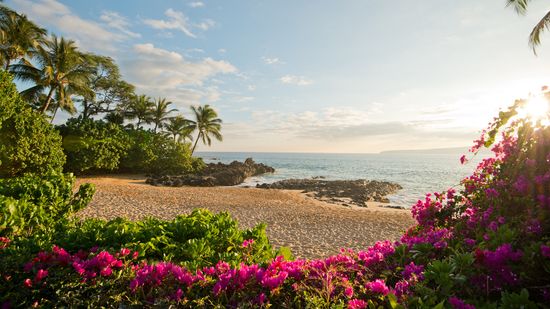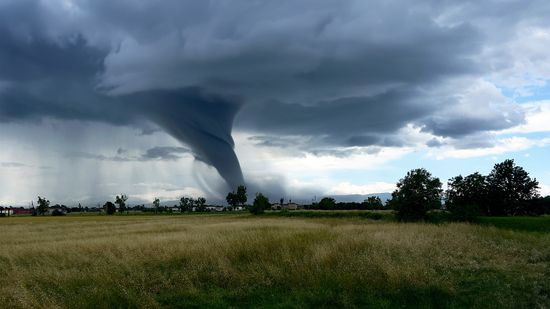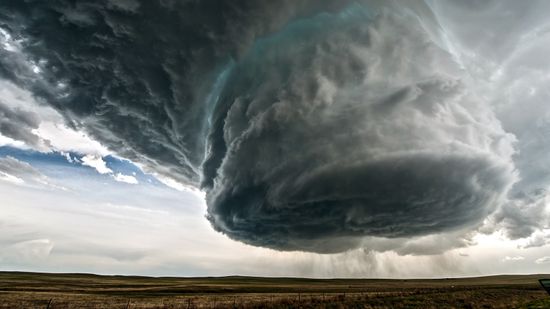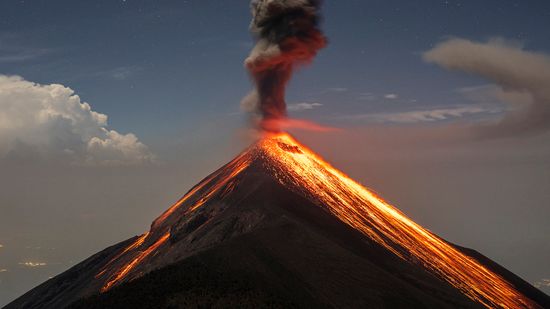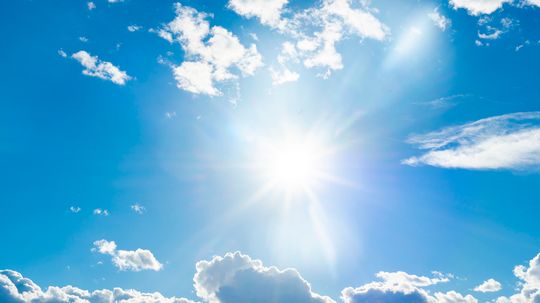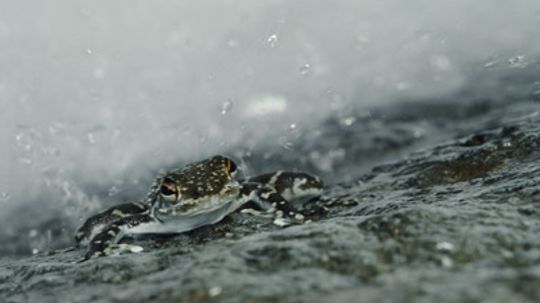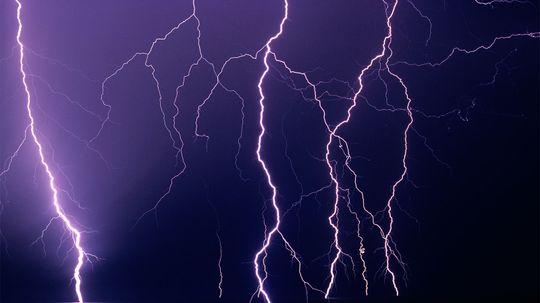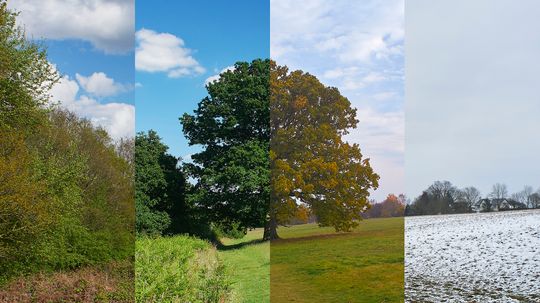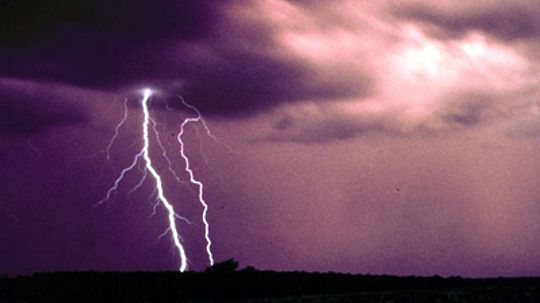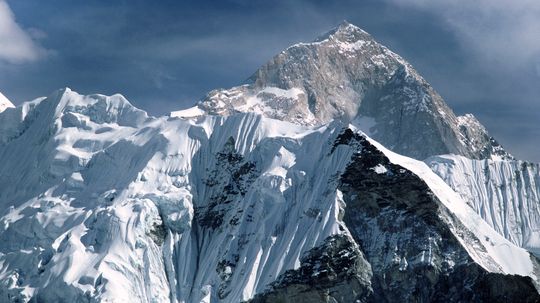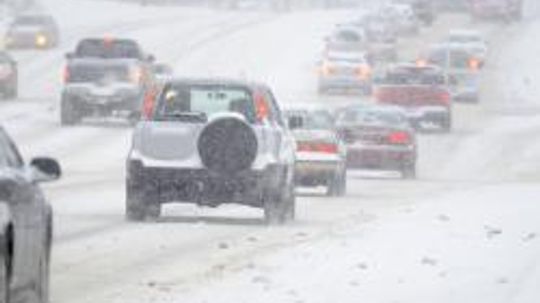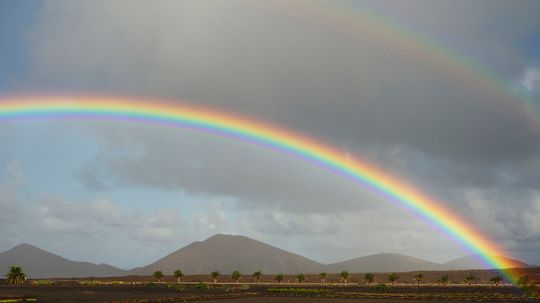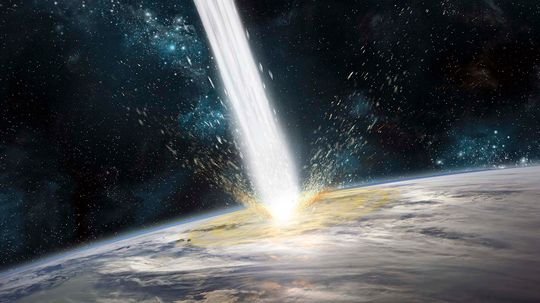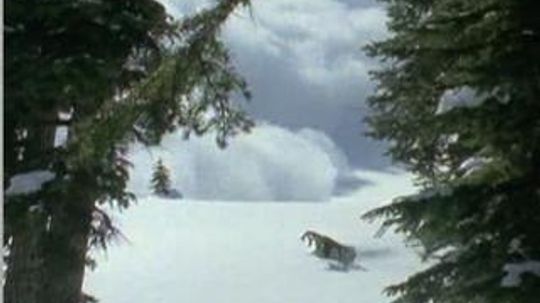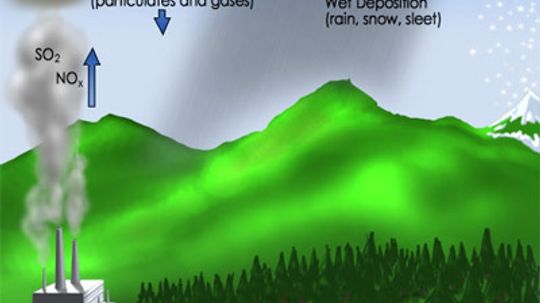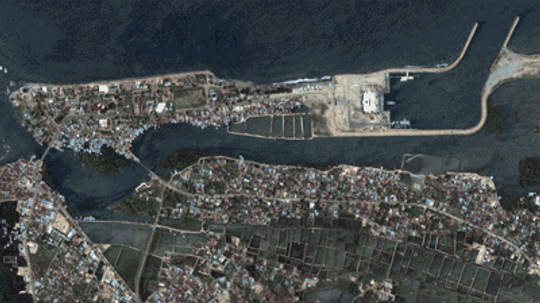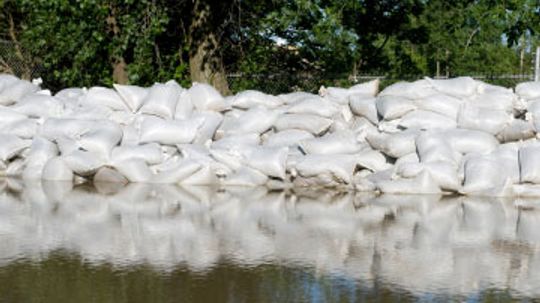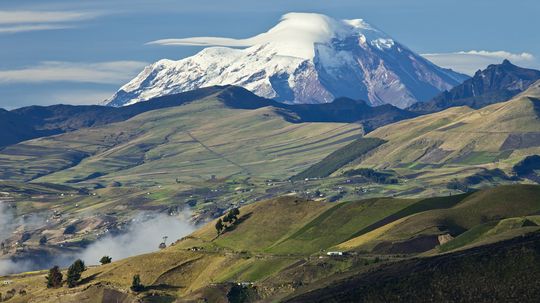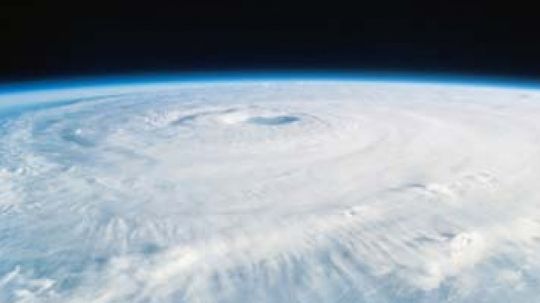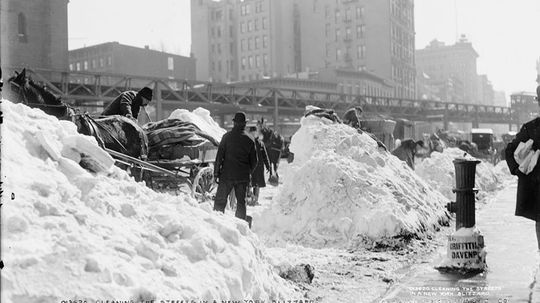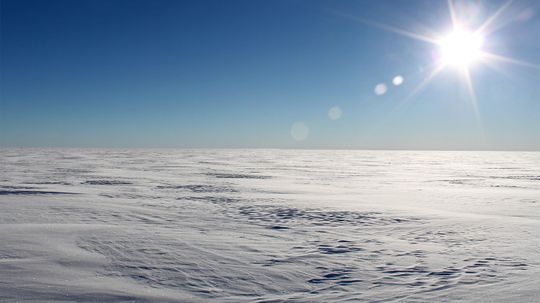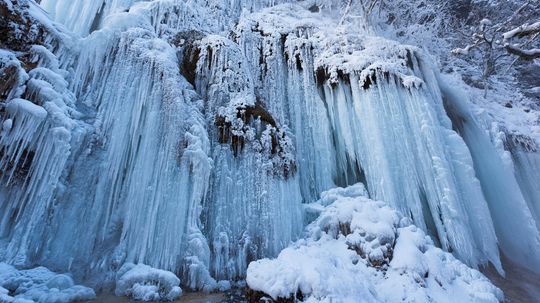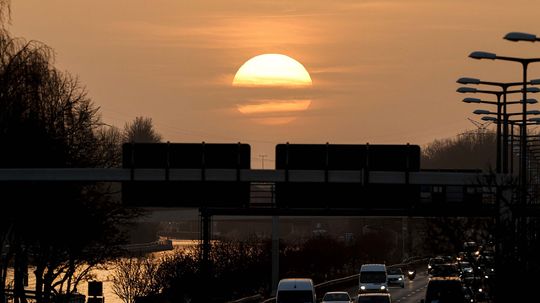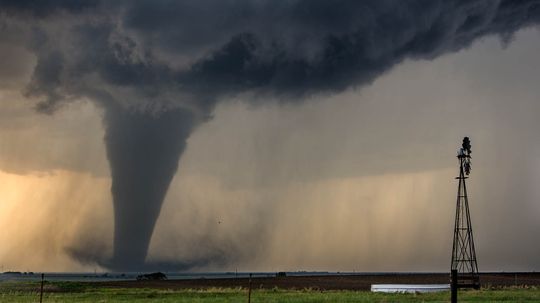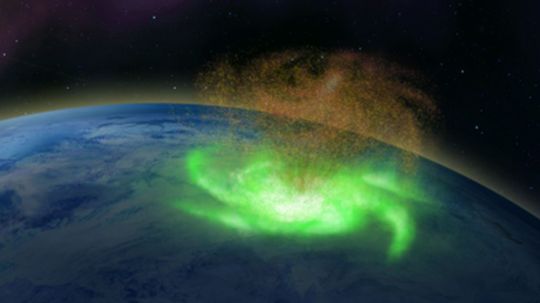Forces of Nature
We see the destruction that the Earth can unleash in the news on a regular basis. Here you can learn about hurricanes, tornadoes, earthquakes and other forces of nature.
Learn More / Page 5
We've all probably looked up and wondered why the sky is blue instead of, say, brown. The sky is blue because of the way Earth's atmosphere scatters light from the sun.
A heavy rain in which frogs come plummeting down isn't a pretty sight, but it happens more often than you'd think. Why do animals sometimes fall from the sky?
By Julia Layton
Sometimes a lightning storm heralds sightings of St. Elmo's Fire. What causes the mysterious glow sailors interpreted as a sign of salvation?
By Julia Layton
Advertisement
Lightning is an incredible force of nature. And like many natural phenomena, lightning is not always what it seems. Go behind the mystery and learn what's really going on when lightning strikes.
What causes the seasons? Why are the seasons reversed in the Northern and Southern Hemispheres? And if the Earth moves in an elliptical orbit around the Sun, why don't we have two summers and two winters every year?
By Sascha Bos
You may have heard that you can figure out how far away lightning is by how long it takes for the thunder to arrive after you see the flash. Is this true? How do you calculate it?
Why is it colder at the top of a mountain than it is at sea level? Heat rises, and the top of a mountain is closer to the sun, so shouldn't it be hotter at the top of a mountain?
Advertisement
Precipitation can vary from rain to snow when the temperature is below freezing. Why does precipitation not always fall as snow when it's below freezing?
We can usually see rainbows right after a rainstorm on a warm Spring day. These giant colorful arcs stand out against the dark rain clouds. Have you ever wondered what causes this phenomena? Find out how rainbows are created in this article from HowStuffWorks.
There are obvious craters on Earth (and the moon) that are evidence of a long history of massive objects hitting planet Earth. But what would happen if an asteroid hit Earth today?
San Francisco has a new airport that's supposed to stand up to the rigors of an earthquake. Does that mean that planes can land while a massive quake is shaking the city?
Advertisement
Tornado chasers generally stay about a mile away from the tornado itself -- but not IMAX cinematographer Sean Casey. He has built a Tornado Intercept Vehicle and hopes to withstand a direct hit. Check it out.
Learn how avalanches form, how long you can stay alive while buried under an avalanche and what steps you can take to survive.
Acid rain is caused by emissions of sulfur dioxide and nitrogen oxides from power plants, cars and factories. Find out how acid rain is produced, how it affects natural and man-made objects and how governments aim to reduce it.
By Sarah Dowdey
The wall of water that struck northern Japan on March 11 claimed more than nearly 16,000 lives. While the human and cultural extents of this natural disaster are difficult to grasp, we can explain the physical properties that led to it.
By Robert Valdes, Nathan Halabrin & Robert Lamb
Advertisement
Do scientists really think a massive earthquake could break California in two?
There may be a time when all that stands between your home and the rising floodwaters are some sacks full of sand. Will this defense keep you safe?
A perfect climate means different things to different people. These 10 countries span the globe and offer a wide range of climates to satisfy any taste -- hot, cold or in-between.
Is hurricane intensity increasing? It all depends on who you ask. How have scientists come to so many different conclusions about the ferocity of these seasonal storms?
Advertisement
Heavy snowfall is just one mark of a bad snowstorm. But the biggest snowstorms of all time also brought strong winds and in some cases, major power outages.
Iceland? The North Pole? Antarctica? There are a lot of super cold places on this planet, but which one can claim bragging rights as the coldest place on Earth?
By Mark Mancini
It might seem that the constant rushing of water over a falls would keep it from freezing, but that isn't always the case. Check out the science behind the phenomenon of the frozen waterfall.
By Mark Mancini
Dusk is a beautiful time of day. So is twilight. But when does one turn into the other? And did you know there were three versions of each?
Advertisement
Understanding a tornado watch vs. warning is the difference between preparing for a potential disaster or immediately seeking shelter.
By Yara Simón
In 2014, scientists observed a space hurricane for the first time; they reported their findings this year. But what's a space hurricane - and do we on Earth have to worry about with them?

